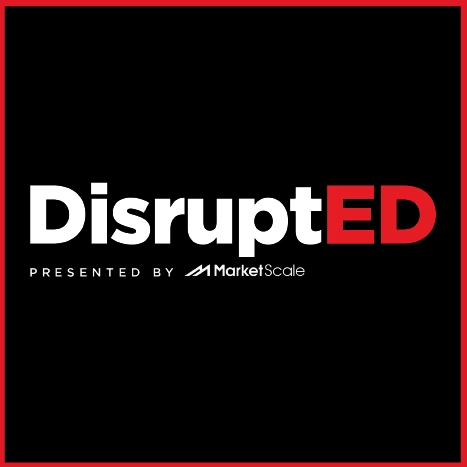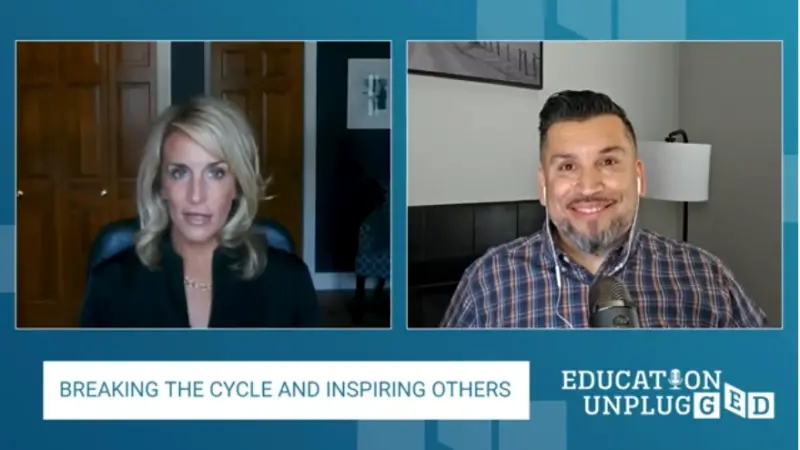The Manufacturing Industry is Changing Fast. Can the Next Generation Keep It Up?
As we navigate the complexities of the 21st century, the manufacturing industry is undergoing a seismic shift. The advent of new technologies, coupled with the increasing demand for sustainable and equitable business practices, has disrupted traditional operations. The stakes are high: according to The World Bank, the manufacturing sector contributes approximately 16% of global GDP . But how is this industry adapting to the demands of a rapidly changing world?
This brings us to the core question: How are the next generation of leaders reshaping manufacturing operations in a disrupted world? What innovative solutions are they bringing to the table, and how are they making the improbable possible?
In the this episode of DistruptED, co-host Ron Stefanski engages in a riveting conversation with Anne Partington, Managing Director at the Tauber Institute for Global Operations. The discussion delves into the transformative changes in manufacturing operations, the role of the next generation in driving these changes, and the importance of community engagement in this process.
Key points from the episode include:
- The next generation’s innovative and entrepreneurial mindset is driving disruption in the manufacturing industry.
- Large companies are becoming more purpose-driven, driven not just by altruism but as a strategic business imperative.
- Community engagement is crucial in driving sustainable and equitable changes in the industry.
Anne Partington is a seasoned professional in the field of global operations. As the Managing Director at the Tauber Institute for Global Operations at the University of Michigan, she brings together the brightest minds in operations, manufacturing, and business to address pressing industry issues. Her work is driven by a passion for inclusivity, community, and deep dialogue, making her a leading voice in the field.



